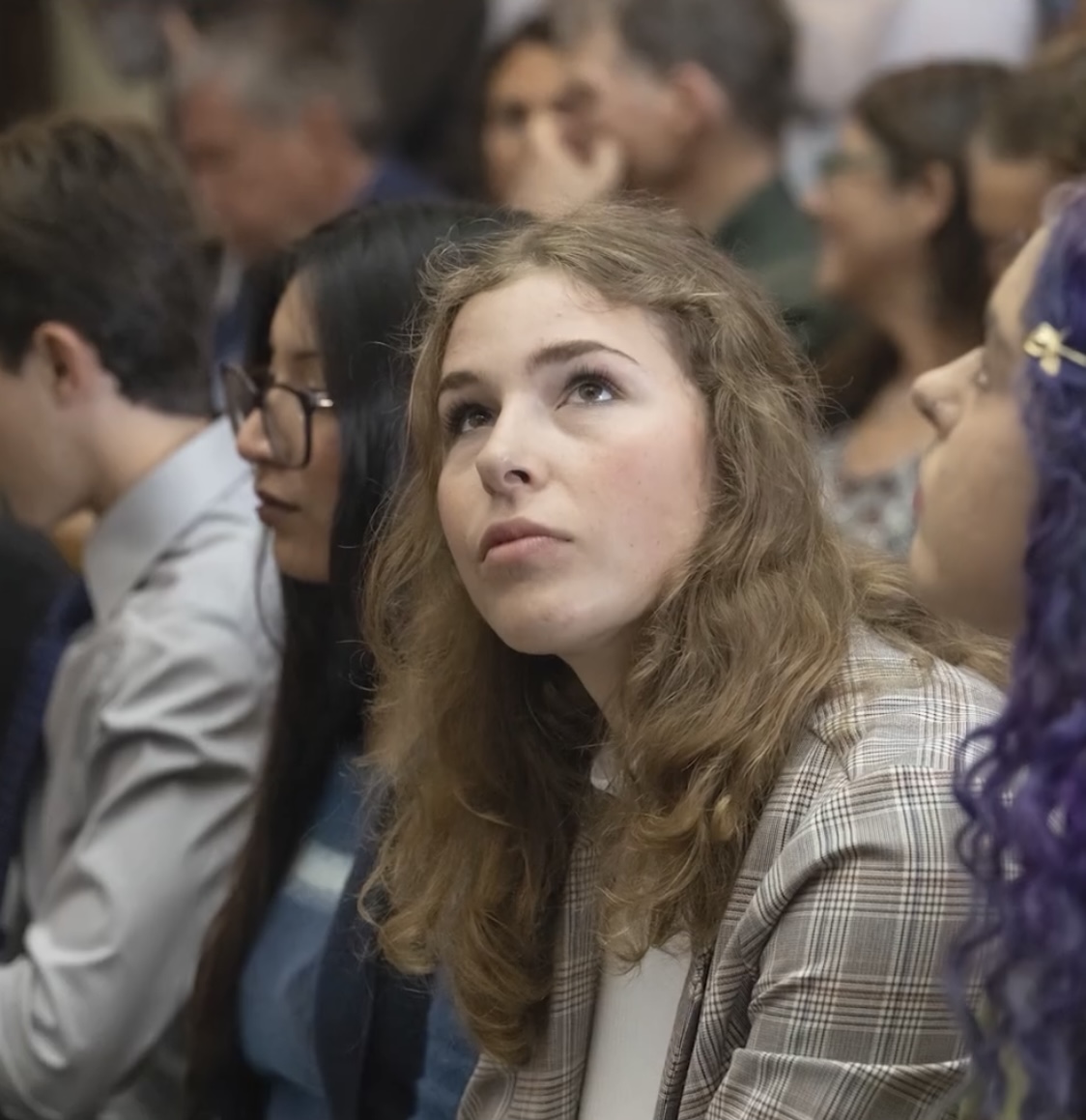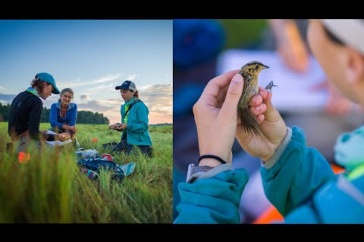
Georgianna (Georgi) Fischer ’24 was 17 when she became one of the plaintiffs in Held v. Montana, the first constitutional climate lawsuit in U.S. history. The case was filed in March 2020 by Our Children's Trust on behalf of 16 residents of Montana, then aged 2 through 18, and argues that the state's support of the fossil fuel industry has worsened the effects of climate change on their lives, depriving them of their constitutional rights, and citing language in Montana’s state constitution guaranteeing citizens "the right to a clean and healthful environment” for “present and future generations.” For Fischer, a life-long Montana resident with deep ancestral ties to the state and a competitive cross-country skier, joining the suit was an easy decision.
Arguments in the case were heard in June 2023 in the First Judicial District Court in Helena, Mont., and on August 14, the Judge Kathy Seeley ruled in favor of the young plaintiffs, finding that young people in the state have a constitutional right to a healthful environment and laws that limit the ability of regulators to consider climate effects were unconstitutional.
“We brought a case against the state of Montana for supporting industries, specifically the fossil fuel industry, despite their damaging impacts on the environment and the health and wellbeing of Montana’s citizens,” says Fischer, who was in the courtroom almost every day of the trial and gave her own testimony. “It’s an historic moment, and I am lucky to be a part of it. We're hoping to make a difference in our home state that we all love.”

Fischer’s involvement in the lawsuit can be traced to a letter to the editor of her local paper that she wrote in January 2020 describing her frustration and anger with the state’s refusal to adequately address climate change and the alarm she felt when in the middle of winter in Montana there was not enough snow on the ground to cross-country ski. A friend who had already joined the lawsuit read her letter and encouraged her to sign on as a plaintiff. It seemed like a great way to take action, Fischer recalls.
During Fischer’s testimony, she talked about the state’s disappearing snowpack and the effects of wildfire smoke in the summer as well as her great grandmother, Mary "Polly" Renne, who fought to protect wilderness areas in the state all her life and testified before a U.S House of Representatives committee in 1979 in support of the Lee Metcalf Wilderness area in southwest Montana. Fischer also made it clear how the climate crisis has negatively affected her mental health and what she believes her future — and everyone’s future — will look like.
Right before the case went to trial, Montana's legislature passed an amendment to the Montana Environmental Policy Act preventing state regulators from considering greenhouse gas emissions and climate impacts when conducting environmental reviews, signaling even more support for the fossil fuel industry and allegedly taking aim at the Held case. Yet despite being in a state dominated by lawmakers known for favoring the extractive industry, Fischer describes the support she and her fellow plaintiffs have received as “overwhelming.”
“I grew up in Montana and spent a lot of time outdoors. That was a formative part of my childhood,” says the environmental sciences: ecosystems major in the College of Life Sciences and Agriculture. “I've always wanted to make a difference. Fighting to protect the places that I love and grew up in feels really good.”
-
Written By:
Sarah Schaier | College of Life Sciences and Agriculture



















































